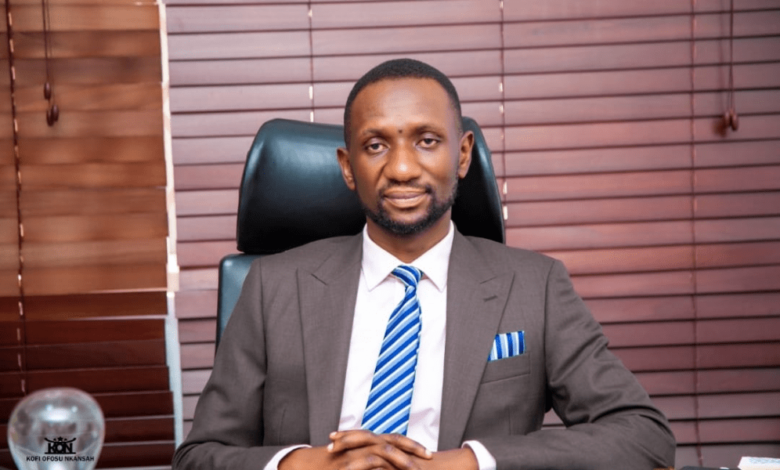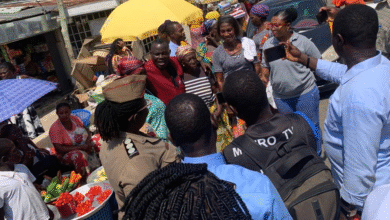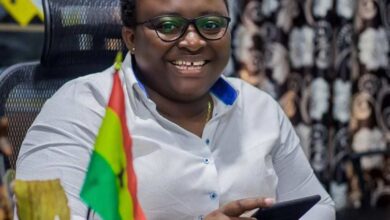Students should be allowed to practice their Faith

Former NEIP Chief Executive Kofi Ofosu Nkansah has outlined his stance on the reliefs sought in the court case challenging Wesley Girls’ restrictions on Islamic practices, describing some claims as constitutionally valid and others as disruptive to school order.
Commenting on Shafik Osman’s legal challenge, he backed the argument that Muslim students should not be prevented from observing their faith during permissible hours.
“The students should be allowed to practice their faith,” he said on Metro TV’s Good Morning Ghana, monitored by MyNewsGh.
He agreed with the relief claiming that blanket prohibitions on prayer, fasting or wearing hijab are inconsistent with constitutional protections on religious freedom and equality.
On the question of compulsory Methodist worship, however, he disagreed with efforts to nullify such requirements.
“If this second relief is granted,” he argued, “what it will mean is that when you attend the Methodist school… you are at liberty not to attend. That will bring a lot of confusion on the various campuses and it will affect discipline.”
Nkansah opposed the claim that compulsory worship is discriminatory, insisting that students voluntarily opt into mission-school structures.
“As far as you decide to attend the mission school, you should agree to be ready to observe the compulsory gatherings,” he said.
He partially endorsed the relief concerning restrictions on fasting, praying and wearing hijab, provided those activities occur outside statutory school hours.
“If the student has his own free time and his fasting will not affect the compulsory activities of the school,” he stated, “they should be allowed.”
He described the request for a permanent injunction as overly broad, cautioning against turning religious allowances into blanket exemptions from school assemblies. “It should not be a blank check,” he stressed.
Nkansah welcomed the litigation, noting its potential to establish national clarity. “It will be a landmark case,” he said, expressing hope that the outcome will guide consistent policies across second-cycle institutions.



